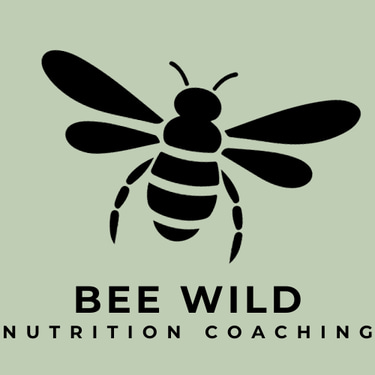What are 'whole foods'?
You may have heard of ‘whole foods’ or a ‘whole foods diet’ before. But what do these terms mean and are they important?
12/8/20232 min read


Whole foods, also referred to as natural and unprocessed foods, are foods that closely resemble their original state. These foods offer a multitude of advantages for our health and well-being. They are abundant in vital nutrients, vitamins, and minerals that our bodies require to thrive and stay in optimal condition. By opting for whole foods, we ensure that we are providing our bodies with the essential nutrients they need to function at their best.
A key characteristic of whole foods is their resemblance to their original form. For instance, whole grains maintain their seed-like appearance, while fresh fruits retain their natural look when picked from a plant. This signifies that they have not undergone extensive processing or refining, thus preserving their inherent qualities. By consuming whole foods, we maximise the nutritional value derived from these foods.
Another significant aspect of whole foods is their minimal packaging. Unlike processed foods, which often come in excessive packaging, whole foods generally require minimal packaging for protection and transportation purposes. This not only reduces waste but also enables us to make more sustainable choices.
Moreover, whole foods do not necessitate ingredient labels since they are in their natural state. In contrast to processed foods that contain numerous additives, preservatives, and artificial ingredients, whole foods are pure and unadulterated. This makes them a healthier option for our bodies, as we are fully aware of what we are consuming. Whole foods also tend to be lower in added sugars, sodium, and unhealthy fats compared to processed foods.
Furthermore, whole foods have a relatively short shelf life. Most whole foods perish quickly, ensuring their freshness and nutritional value. This means that we are consuming foods that are at their peak in terms of flavor and nutrients. However, there are exceptions such as dried beans, nuts, and extra-virgin olive oil, which have a longer shelf life while still retaining their nutritional value.
Embracing the wholefoods offers a plethora of benefits. By incorporating more of these foods into our diet, we can enhance our overall health and well-being. Whole foods supply our bodies with the essential nutrients required for proper functioning. They are also an excellent source of fibre, which aids in digestion and helps maintain a healthy weight.
Additionally, whole foods are often minimally processed, allowing them to retain their natural flavours and textures. This can make meals more enjoyable and satisfying. By choosing whole foods, we can also eat with the changing seasons which helps to increase the diversity within our diets.
In conclusion, whole foods offer a healthier and more complete approach to eating. By choosing fresh produce, raw seafood, eggs, plain milk, and nuts in their shells, you can ensure that you are consuming foods in their natural and unprocessed state. Remember to incorporate a variety of whole foods into your diet for optimal nutrition.
